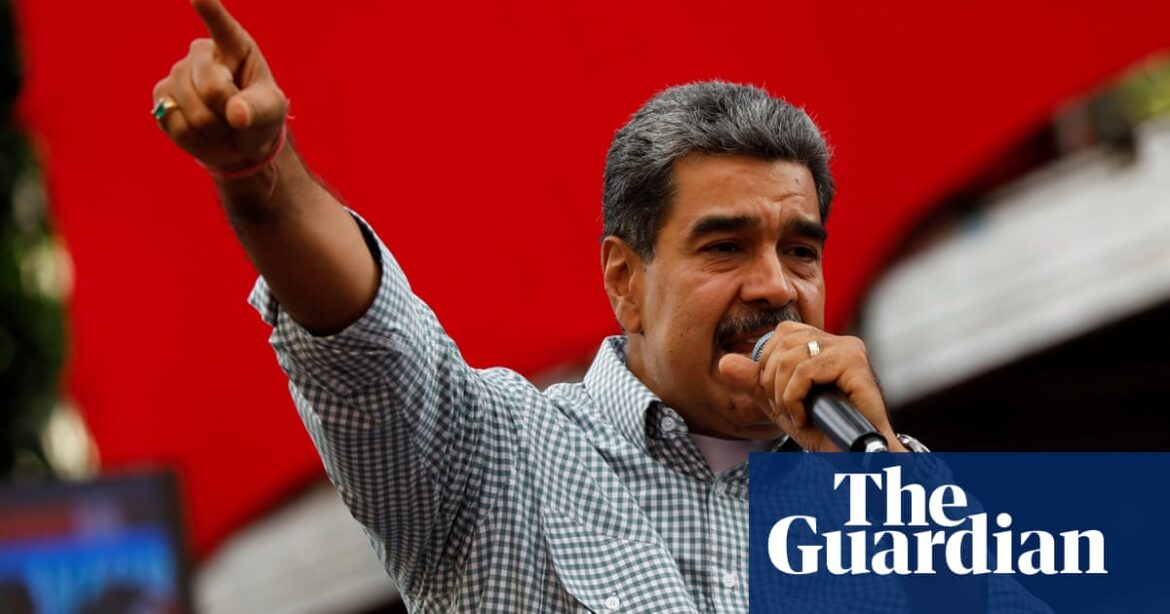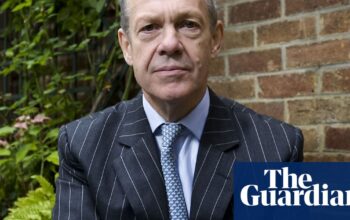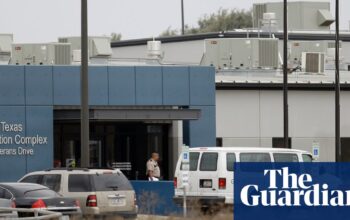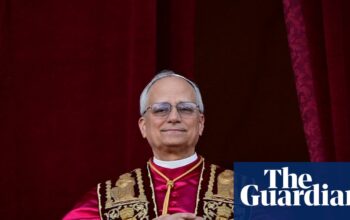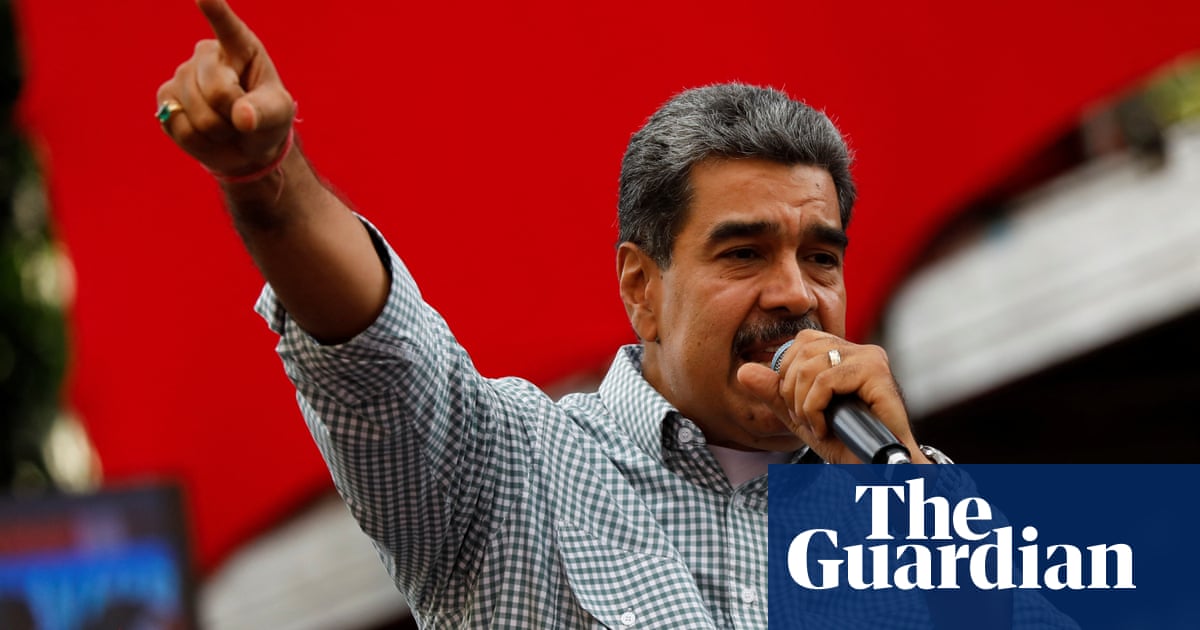
The EU’s foreign policy chief, Josep Borrell, has said its members have given up hope of Nicolás Maduro producing evidence that he won Venezuela’s election and will not accept his legitimacy as president-elect.
Addressing reporters after EU foreign ministers held a video call with Edmundo González, the former diplomat widely believed to have beaten Maduro in the 28 July vote, Borrell announced: “The European Council decided that Maduro has no democratic legitimacy as president.”
Maduro has refused to publish detailed election voting tallies supporting his claim to victory – something that has nearly always been done since Venezuela’s electronic voting system was introduced by his mentor, Hugo Chávez, in 2004.
“As there are no tallies and there is no verification, and we fear that there will never be any, we cannot accept Maduro’s legitimacy as Venezuela’s president-elect,” Borrell told journalists after an informal meeting of EU foreign ministers in Brussels.
“He will remain president de facto,” Borrell said, “but we deny democratic legitimacy based on the results that cannot be verified.”
The EU’s stance stopped short of recognising González as president-elect or the official winner of the election. But Borrell said he believed voting data published by Venezuela’s opposition showed the opposition candidate “got strong support … much bigger support than the one got by Maduro”.
Tensions continued to rise in Venezuela on Thursday, with González’s main backer, the opposition leader María Corina Machado, claiming she feared González’s home would be raided by security forces in the coming hours.
A prominent opposition politician, Biagio Pilieri, and his son were reportedly seized by secret police after leaving an opposition rally on Wednesday afternoon. The previous day one of Machado’s closest confidants, the lawyer and opposition spokesperson Perkins Rocha, was also allegedly taken.
“Dad, I love you and I hope we see each other again soon … in a free Venezuela,” Rocha’s son, Santiago, said in a video message to his father, whose whereabouts remains unknown.
Pilieri and Rocha are among more than 1,600 people who human rights activists say have been arrested as part of a post-election crackdown designed to extinguish the latest in a series of opposition challenges to Maduro’s 11-year rule.
Borrell said the EU called on Maduro’s government to “put an end to the repression and respect the dignity, freedom and rights of the opposition, starting with Edmundo González, María Corina Machado, all opposition members, civil society and journalists”.
“Political prisoners have to be freed,” he added.
However, many expect the repression to intensify after Maduro made one of his political movement’s most hard-line figures, Diosdado Cabello, interior minister this week. That position gives the 61-year-old former soldier control of the Bolivarian national police force and the national intelligence service, Sebin.
Source: theguardian.com
